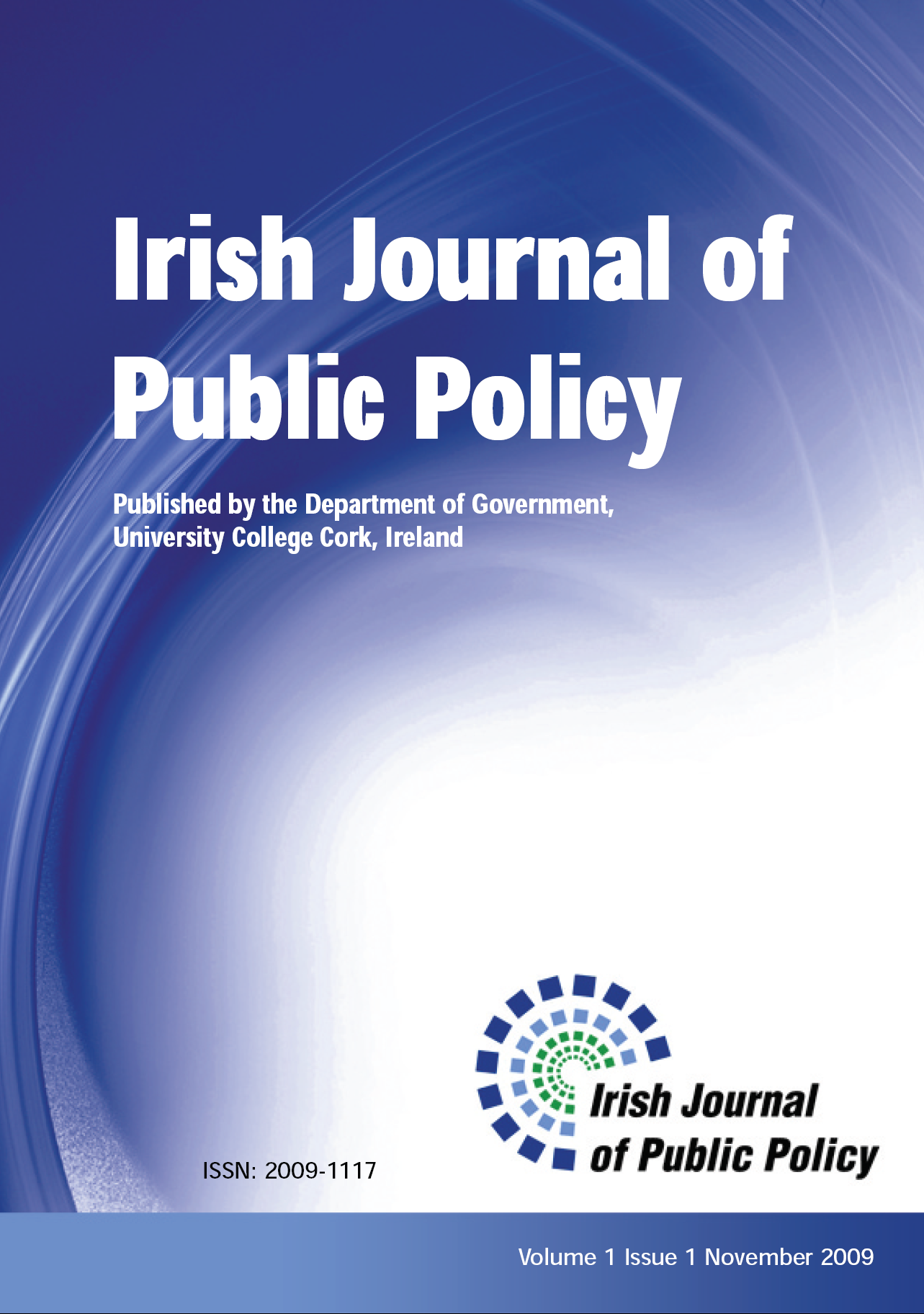Policy and public: Letting the people in
DOI:
https://doi.org/10.33178/ijpp.1.1.2Abstract
Members of parliament are returned as representatives of the people that elected them. Party shapes members’ behaviour but the party programme normally gives legitimacy, under the theory of the mandate, to the principle of legislative measures. The members may have little knowledge of what their electors think of particular legislative provisions. There are various obstacles, at both the individual (MP) and collective (party, parliament) level, that prevent members being able to know what electors think. This article identifies the obstacles and also discusses ways in which they can be reduced. Reducing the barrier between parliamentarians and their electors is important to the health of the political system, especially at a time of declining trust in parties and government.References
Ames, B. (2002), ‘Party Discipline in the Chamber of Deputies’, in S. Morgenstern and B. Nacif (eds), Legislative Politics in Latin America Cambridge: Cambridge University Press
Birch, A.H. (1964), Representative and Responsible Government, London: George Allen and Unwin
Downs, S.J. (1985), ‘Representational Changes’, in P. Norton (ed.), Parliament in the 1980s, Basil Blackwell
Hansard Society (2001), The Challenge for Parliament: Making Government Accountable, Vacher Dod Publishing
Hansard Society (2009), Audit of Political Engagement 6: The 2009 Report, Hansard Society/Ministry of Justice
Hedlund, R.H. and Friesema, H.P. (19720, ‘Representatives’ Perceptions of Constituency Opinion’, Journal of Politics, Vol. 34
Johannes, J.R. (1979), ‘Casework as a Technique of U.S. Congressional Oversight of the Executive’, Legislative Studies Quarterly, Vol. 4, pp. 325-51
Leston-Bandeira, C (2002), ‘Parliament and Citizens in Portugal: Still Looking for Links’, in P. Norton (ed.), Parliaments and Citizens in Western Europe, London: Frank Cass
Levy, J. (2009), Strengthening Parliament’s Powers of Scrutiny?, The Constitution Unit
Norton, P. (2007), ‘Four Models of Political Representation: British MPs and the Use of ICT’, The Journal of Legislative Studies, Vol. 13 (3)
Norton, P. (2002) ‘Conclusion: Developing the Links’, in P. Norton (ed.), Parliaments and Citizens in Western Europe, London: Frank Cass
Norton, P. (1994), ‘The Growth of the Constituency Role of the MP’, Parliamentary Affairs, Vol. 47 (4), pp. 705-20
Norton, P. and Wood, D. (1993), Back from Westminster, Kentucky: University Press of Kentucky
Norton, P. (1990), ‘General Introduction’, in P. Norton (ed.), Legislature, Oxford: Oxford University Press
Norton, P. (1982), ‘“Dear Minister...” The Importance of MP-to-Minister Correspondence’, Parliamentary Affairs, Vol.35 (1), pp. 59-72
Rose, R. (1984) Do Parties Make a Difference? (2nd edition), Houndmills, Basingstoke: Macmillan
Saalfeld, T (2002), ‘Parliament and Citizens in Germany: Reconciling Conflicting Pressures’, in P. Norton (ed.), Parliaments and Citizens in Western Europe, London: Frank Cass
Select Committee on Modernisation (2004), House of Commons, Connecting Parliament with the Public, 1st Report, Session 2003-04, HC 368, The Stationery Office
Select Committee on the Constitution (2004), House of Lords, Parliament and the Legislative Process, 14th Report, Session 2003-04, HL Paper 173-I, The Stationery Office
Vicente-Merino, M.R. (2007), ‘Websites of Parliamentarians across Europe’, The Journal of Legislative Studies, Vol. 13 (3)
Vicente-Merino, M.R. ‘Parties Online: A Comparative Analysis of European Party Websites’, Unpublished PhD thesis, University of Hull
Downloads
Published
Issue
Section
License
Copyright (c) 2009 the author(s)

This work is licensed under a Creative Commons Attribution-NonCommercial-NoDerivatives 4.0 International License.



